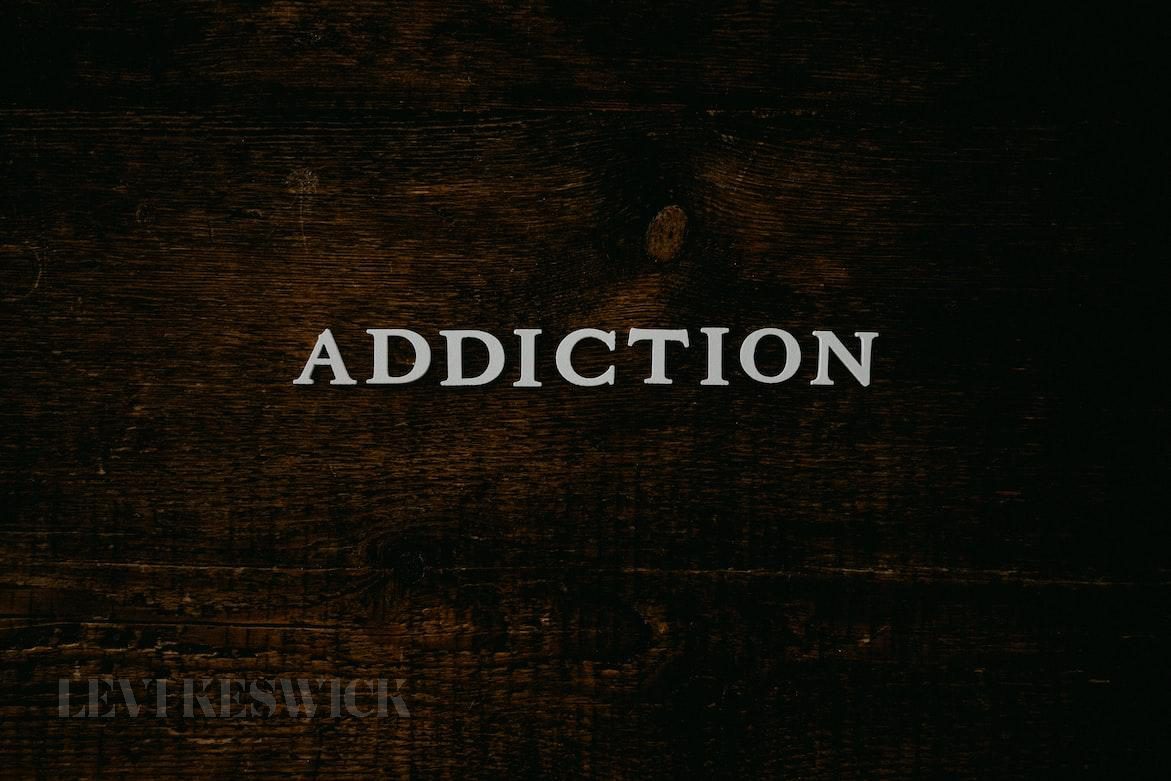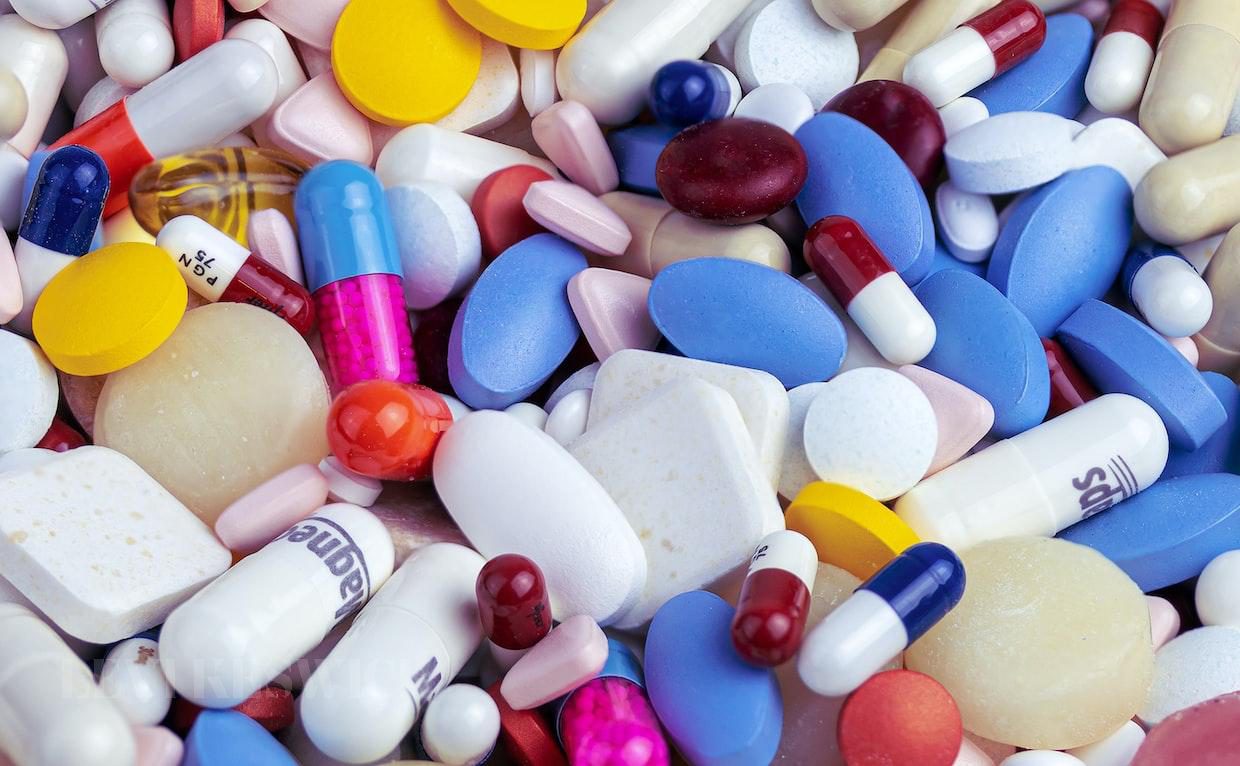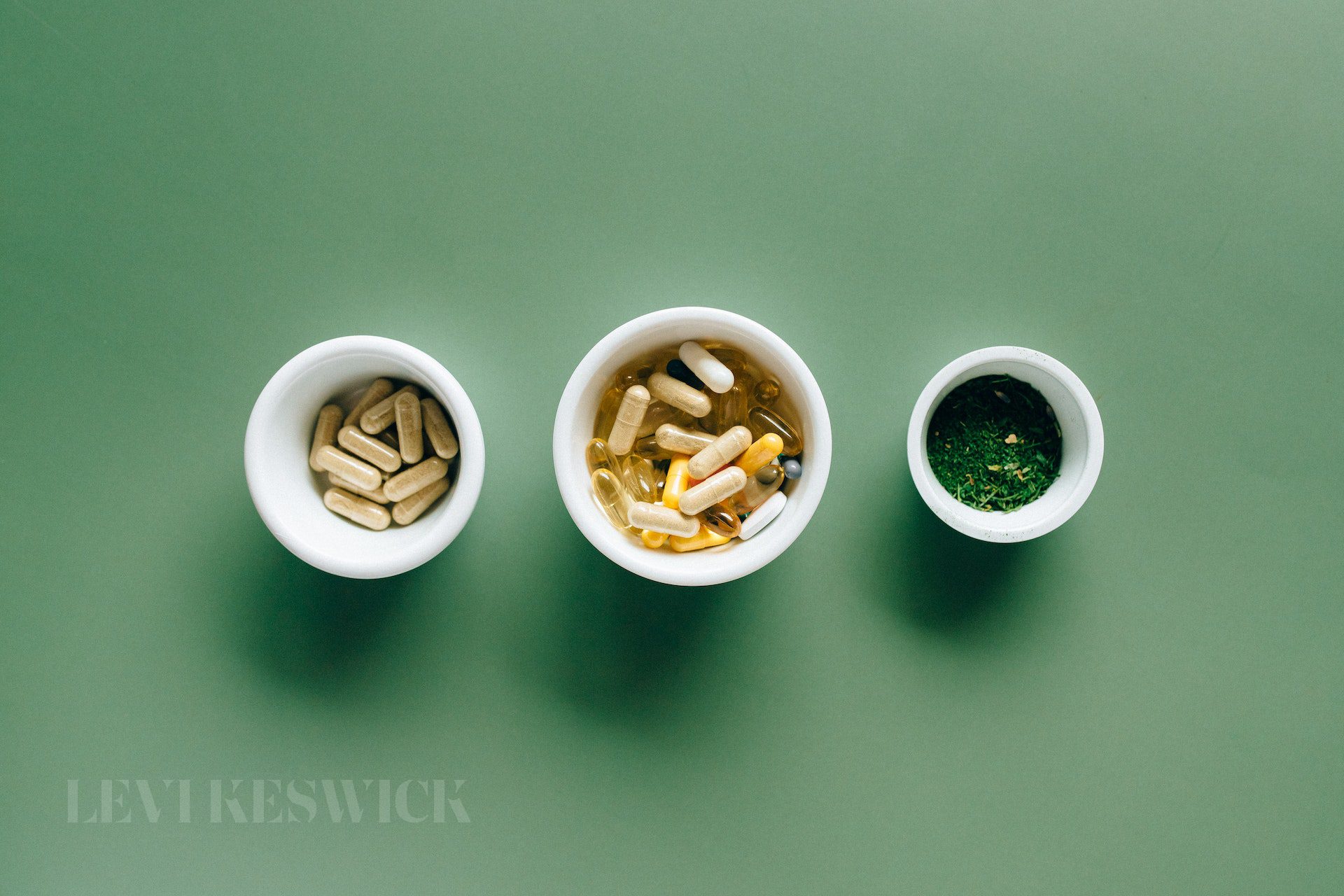Addiction is a complex issue that affects people from all walks of life. It can range from mild to severe, and it can manifest in many different forms. From substance abuse to gambling, addiction has the potential to wreak havoc on someone’s life if they do not receive treatment. While there are many types of addiction, they all share similarities in terms of their effects and causes. This article will explore the various types of addiction and discuss how best to address them. By understanding the root causes and treatments available for each type of addiction, we can begin to build healthier lives for ourselves and our loved ones who may be struggling with an addictive behavior or substance use disorder.

Alcohol Addiction
Alcohol addiction is one of the most common forms of addiction in the United States. It typically affects people who have been drinking heavily for a long period of time and are unable to quit or control their drinking habits. Alcoholism can lead to a host of physical and mental health problems, including liver damage, depression, poor job performance, relationship problems, and even death. If you look at this website you’ll see that treatment for alcoholism usually involves a combination of counseling, 12-step support groups, medications, and lifestyle changes such as avoiding alcohol triggers. It is important to seek professional help if you or someone you know is struggling with alcohol addiction.
Opioid Addiction
Opioid addiction is a very serious issue that has been on the rise in recent years. It is an addiction to opioids, which can be found in both prescription medications and illegal drugs like heroin. People who are addicted to opioids often experience physical dependence and intense cravings for the drug. Opioids can cause severe withdrawal symptoms if someone suddenly stops taking them, so it is important to seek medical help if you or someone you know is struggling with opioid addiction. Treatment for opioid addiction typically involves a combination of medications such as methadone and buprenorphine, counseling and therapy, and lifestyle changes.
Gambling Addiction
Gambling addiction is another type of addiction that can have serious consequences. It is characterized by an uncontrollable urge to gamble, even when it leads to financial or personal losses. People who suffer from gambling addiction often feel powerless and unable to stop their behavior despite the mounting debts or problems it causes in their lives. Treatment for gambling addiction typically consists of therapy, 12-step support groups, lifestyle changes, and financial counseling.
Internet Addiction
Internet addiction is an increasingly common problem that can have serious consequences for a person’s physical and mental health. People with internet addiction often spend large amounts of time online playing games or engaging in other activities such as shopping or gambling. Treatment for internet addiction typically involves cognitive-behavioral therapy, 12-step support groups, and lifestyle changes. If you or someone you know is struggling with internet addiction, it is important to seek professional help. It is also important to limit the time you spend online and find healthy activities to do in your free time.
Cannabis Addiction
Cannabis addiction is a type of substance use disorder that can occur with frequent, long-term use of marijuana. People with cannabis addiction often develop tolerance to the drug and exhibit withdrawal symptoms when they stop using it. Treatment for cannabis addiction usually involves counseling and 12-step support groups. Cannabis can cause serious physical and mental health problems if it is used frequently and in large amounts.
Prescription Drug Abuse
Prescription drug abuse is when someone takes medication that was prescribed to them for a medical condition but in an inappropriate manner. This can include taking larger doses than prescribed or using the medication for recreational purposes. Prescription drugs can be very addictive and cause serious physical and mental health problems if abused. Treatment for prescription drug abuse typically involves counseling, lifestyle changes, and 12-step support groups.

No matter which type of addiction a person is struggling with, it is important to seek treatment as soon as possible. Addiction can have serious consequences for physical and mental health, relationships, and overall quality of life. Professional help is available to provide support and guidance to those struggling with addiction and can be the key to successful recovery. If you or someone you know is facing addiction, remember that treatment is possible and help is available. With dedication and commitment to recovery, long-term sobriety is achievable. With the right help, you or your loved one can reclaim a healthy and fulfilling life. It all starts with taking the first step.













